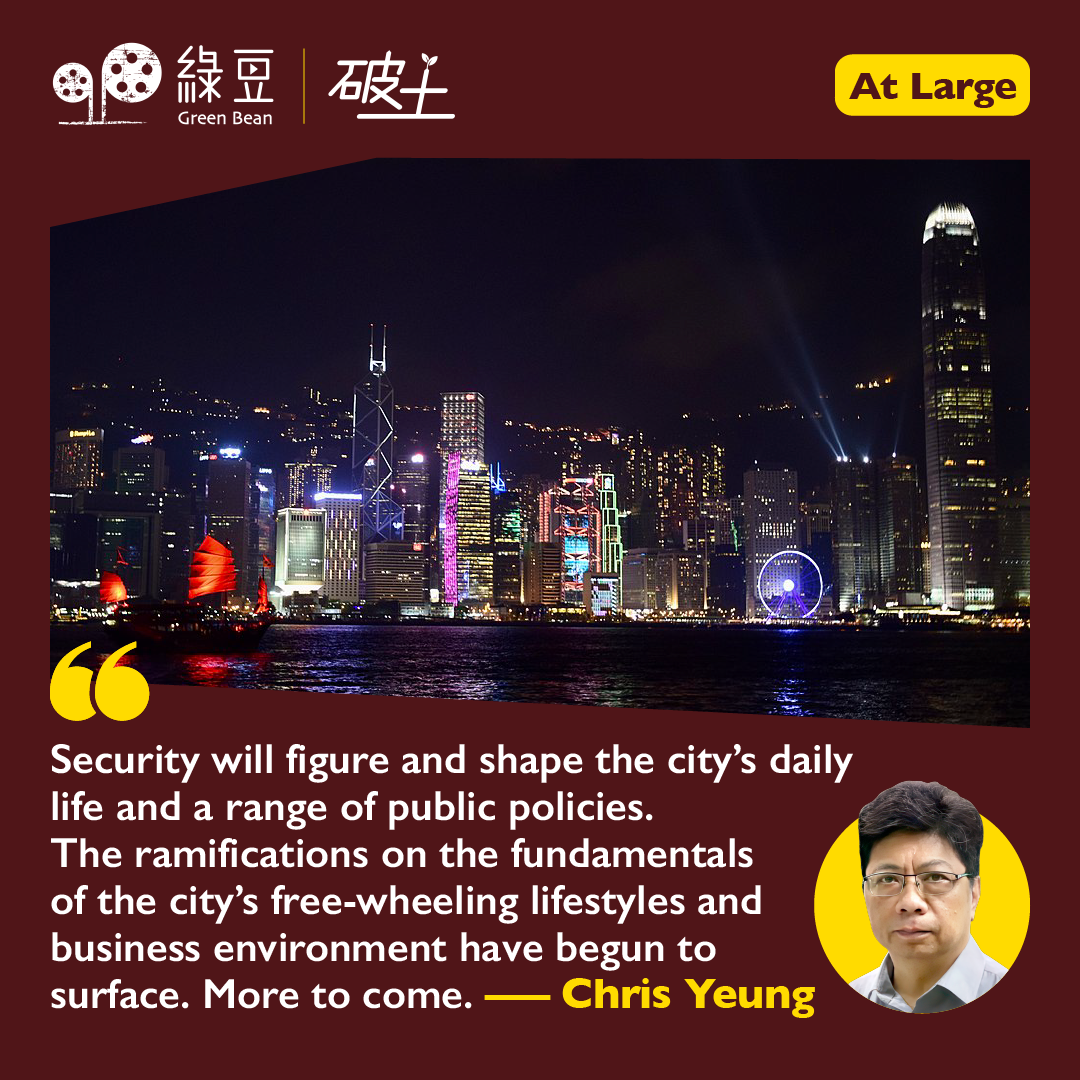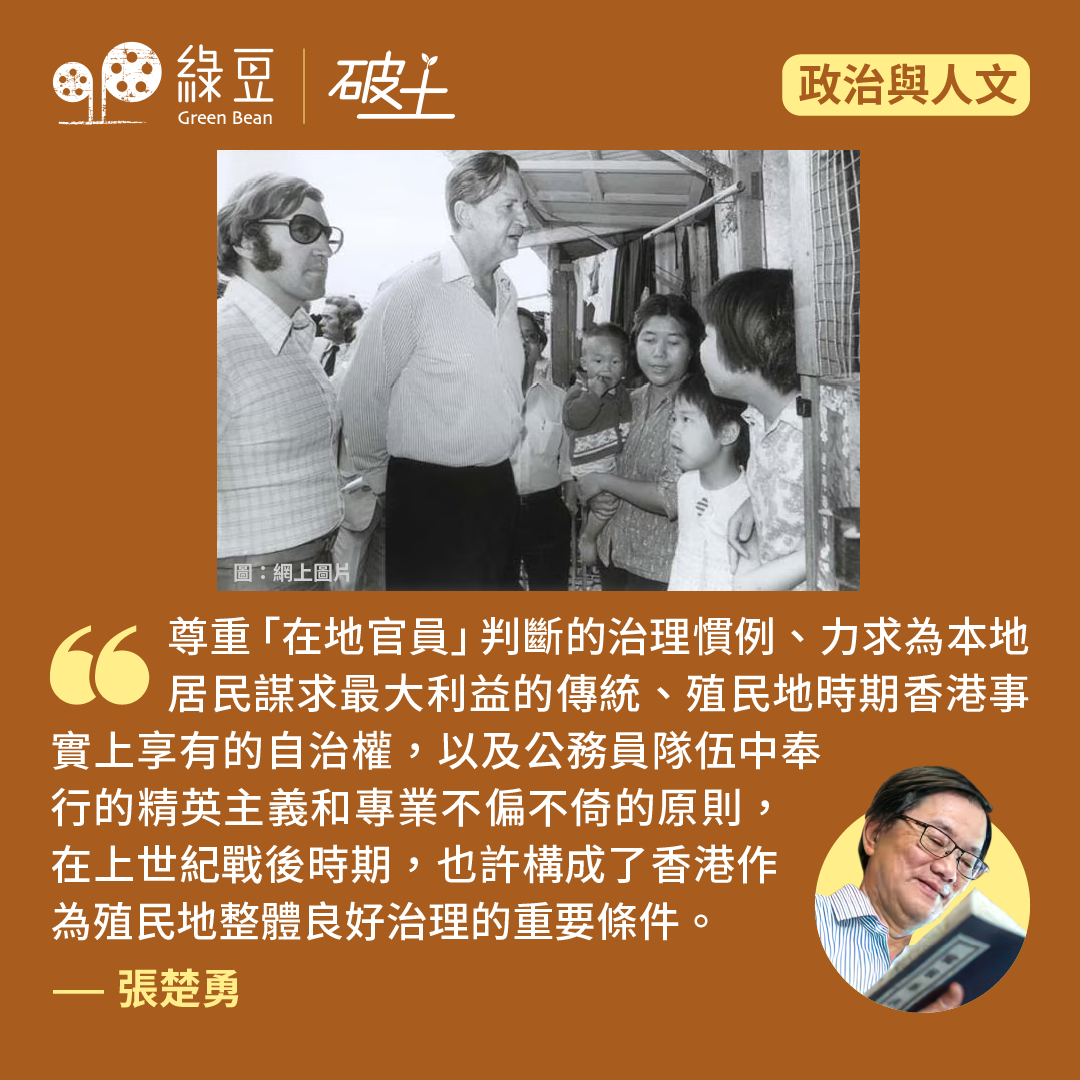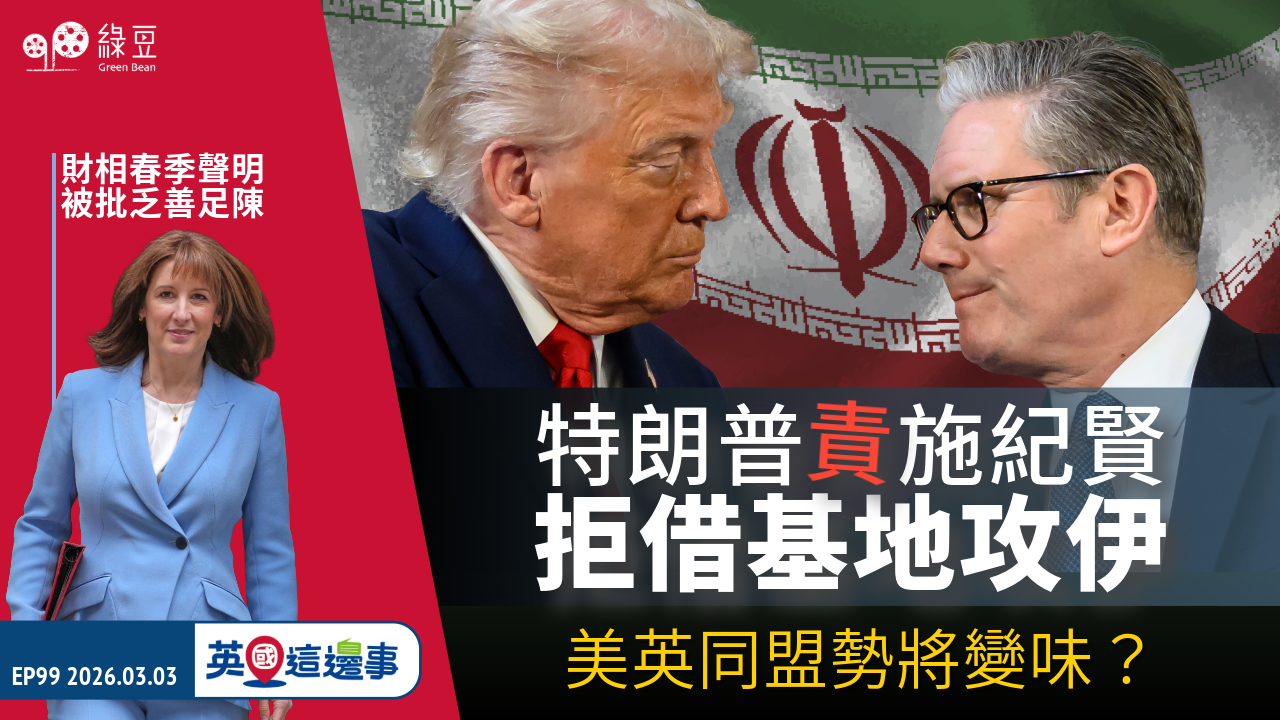Care team to march on national security front

Amid calls for talking less about national security and focusing more on economic and livelihood issues, a plan announced by Chief Executive John Lee to train “district-based tutors” to promote national security in districts is intriguing.
Speaking in an interview with the Chinese-language Ming Pao last month, former NPC Standing Committee member Rita Fan said there is no need to “talk about national security everyday” now that the relevant laws are in place.
“You already have a safety net (national security laws). You won’t always talk about a safety net. Better to talk about the economy and livelihood.”
Similar calls for the Lee administration to focus more on business and bread and butter issues and less on national security, at least in rhetoric, have been made by foreign business chambers, a local banker and academics in recent months.
With no sign of any coordination behind the scenes, they seem to think alike for simple reasons, of which one was made by Mrs Fan, namely the national security laws.
Calls from elites
The national security legislations, respectively made by the National People’s Congress Standing Committee in 2020 and the Legislative Council in 2024, have taken effect – and rigorously enforced. They have already provided a powerful “safety net” in upholding national security through harsh sentencing of convicted cases and deterrent effects with depth and width.
Despite the official rhetoric of keeping vigilance against threats to national security, the so-called threats are apparently more perceived than real. Political dissent is on the wane. In view of the Article 23 law that covers collusion with foreign forces, foreign human rights bodies and the like that had operated here have begun fleeing the city after the national security law took effect in July 2020.
Importantly, the city’s obsession with national security has become negative publicity, causing harm to its international image as a free and open city, which is known for its friendliness for business people and travelers, not hostilities towards what the authorities deem as threats to security.
Calls made by some business and political elites including Mrs Fan came weeks before Lee was due to deliver the 2024 Policy Address, the third in his five-year term. They were apparently aimed to see a marked shift of priorities from national security onto economic and livelihood issues in the annual government blueprint.
The two wings of a bird
On the face of it, Lee’s blueprint does not contain major new initiatives on the national security front.
The plan to train “district-based tutors” on national security had been left unnoticed until after it was revealed that the city’s 452 “care teams” will be the major source of tutors, causing a stir in the political circle. Some “care teams” members were reportedly unhappy with the new job, saying that should be done by civil servants..
Putting it in the wider context, it has become clearer Lee meant what he said in his blueprint regarding national security.
He said: “Security and development work together like the two wings of a bird… threats to national security may spring up any time. We must stay vigilant and put up our guard.”
Lee also said all policy bureaus and departments must review their codes, guidelines and procedures to ensure compliance with the relevant provisions in the national security law.
The implications of the overall review on public services and people’s daily life and freedoms are too early to tell.
Stay high on the Government’s agenda
But taken together with the national security “tutors” initiative, it becomes clear
upholding “security”, of which the line between city-level and state-level is increasingly blurred, will stay high on the Government’s agenda in the foreseeable future.
Security will figure and shape the city’s daily life and a range of public policies – for better or for worse. The ramifications on the fundamentals of the city’s free-wheeling lifestyles and business environment have begun to surface. More to come.
Broached by Lee in his maiden policy address in 2022, the “care teams” are aimed to help “pull together all sectors including young people and ethnic minorities to take part in community building.” Lee said the care teams will organise caring activities, such as visiting the needy.
Since then, a total of 452 teams have been set up in 18 districts. Their work includes home visits of elderly people, street cleaning after typhoons and evacuation of residents at fire accident sites.
The idea to broaden the scope of work of “care teams”, whom officials have insisted are “volunteers” sounds unthinkable. But it does make some sense when the talk and walk of upholding national security have become a day-to-day Number One government-led all-people task in the Hong Kong SAR.
▌[At Large] About the Author
Chris Yeung is a veteran journalist, a founder and chief writer of the now-disbanded CitizenNews; he now runs a daily news commentary channel on Youtube. He had formerly worked with the South China Morning Post and the Hong Kong Economic Journal.





